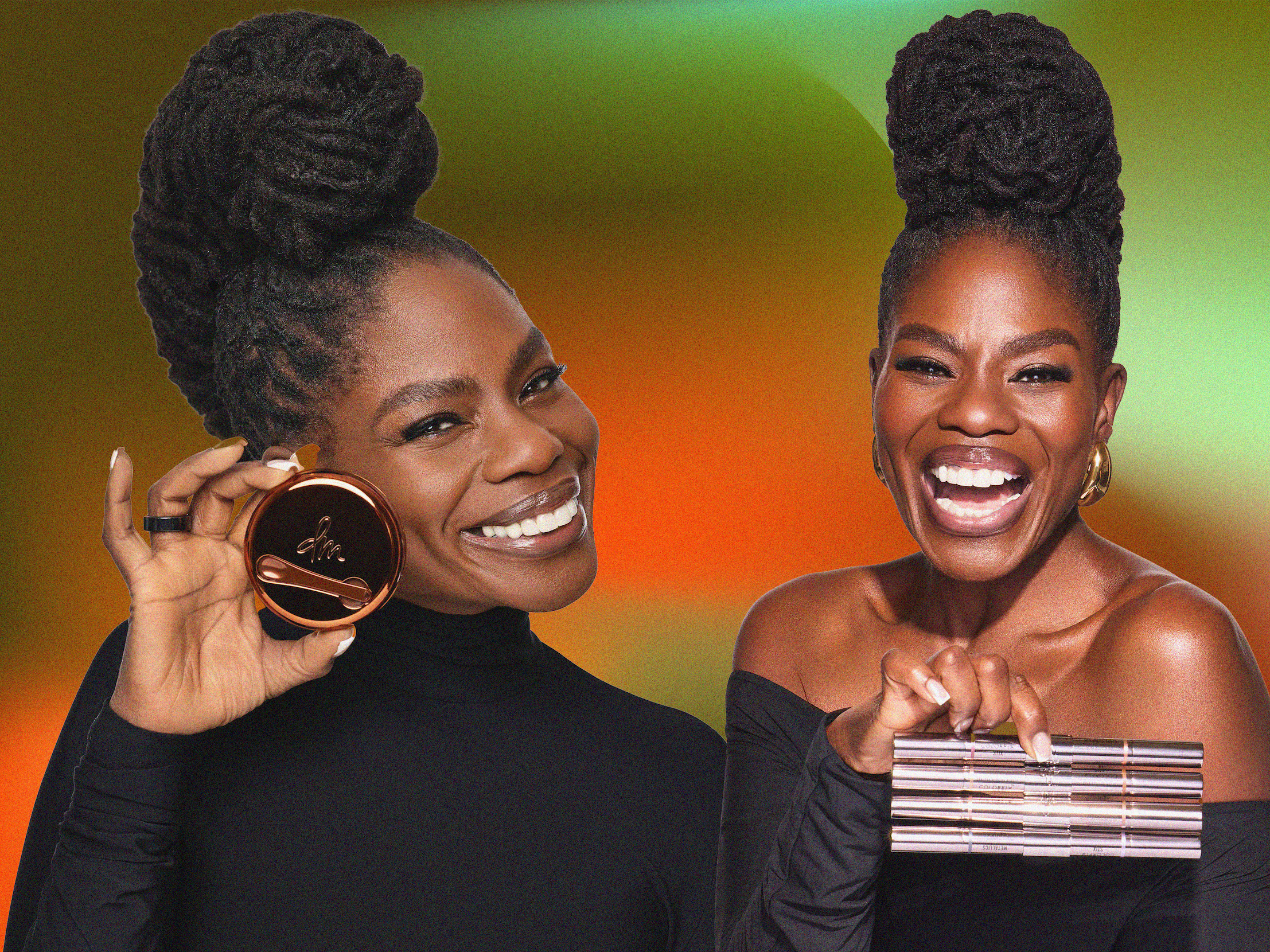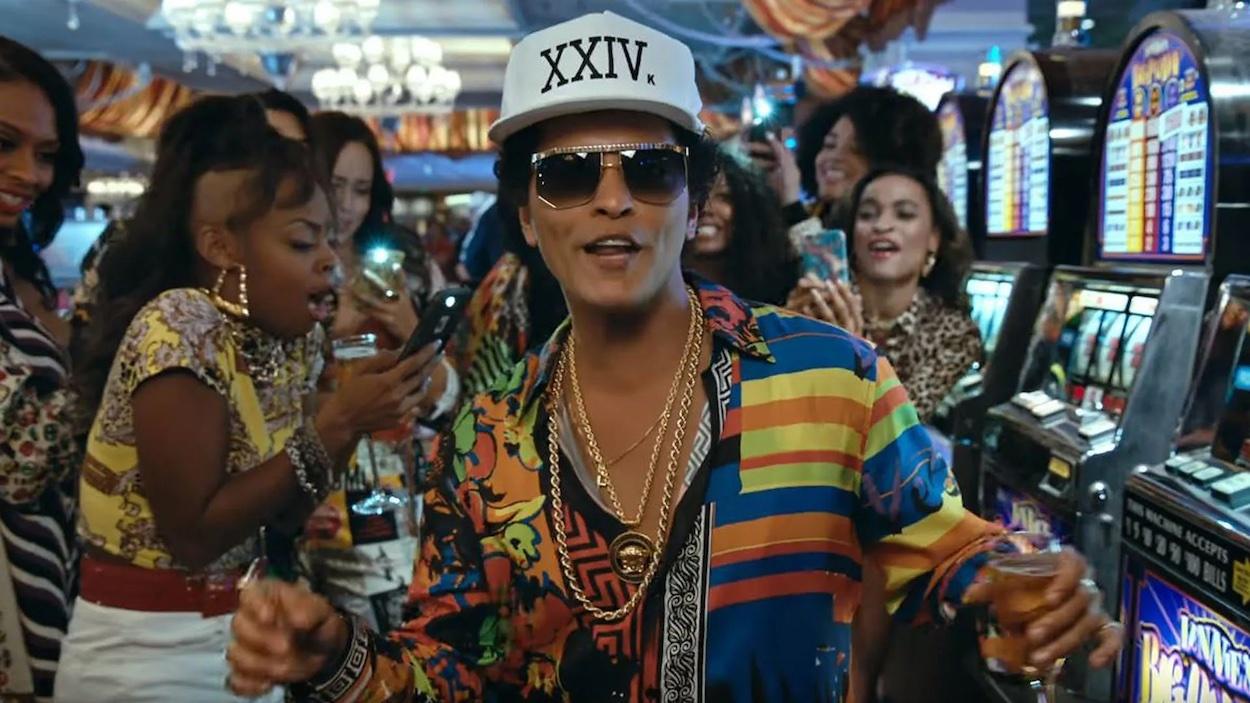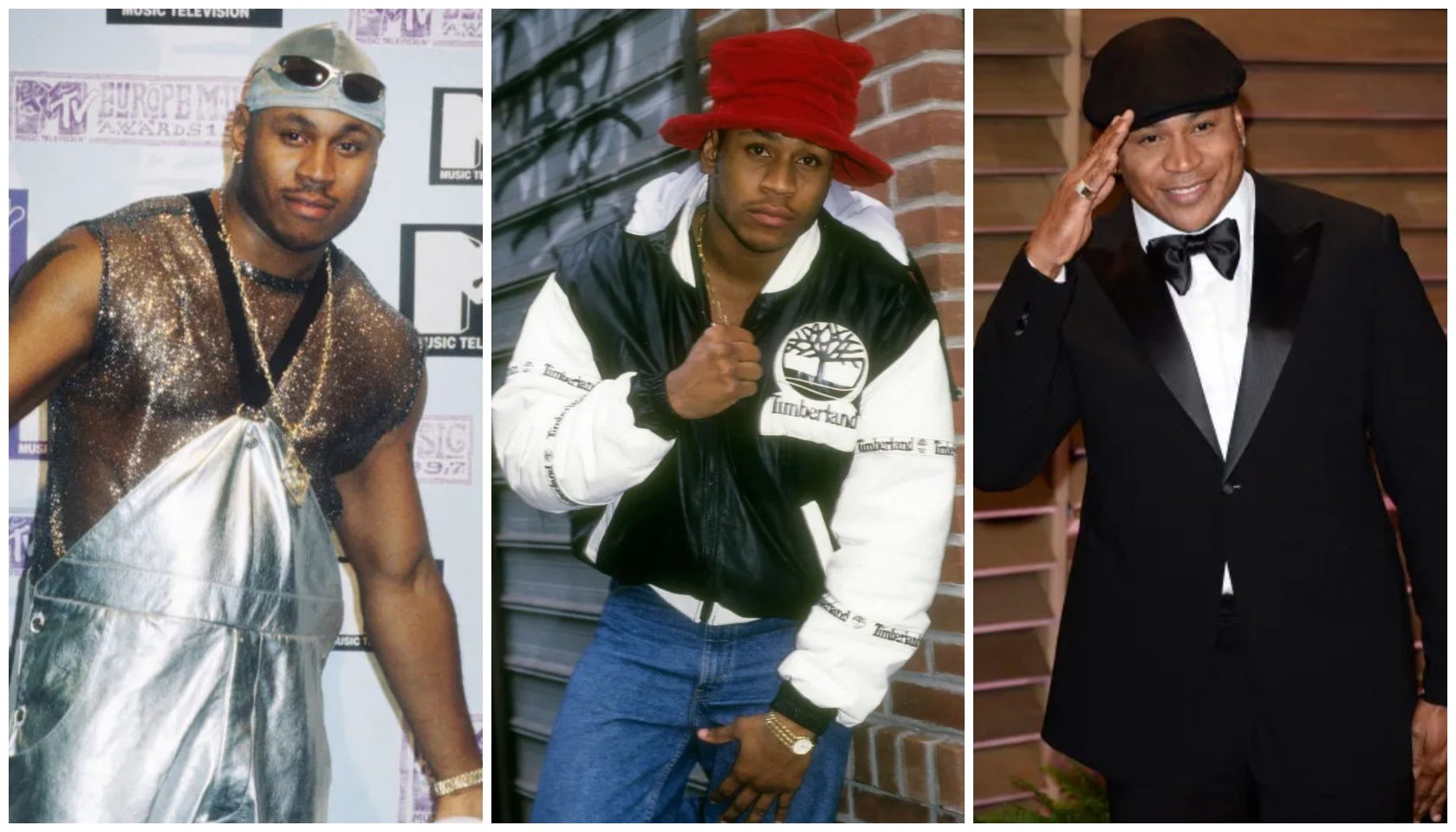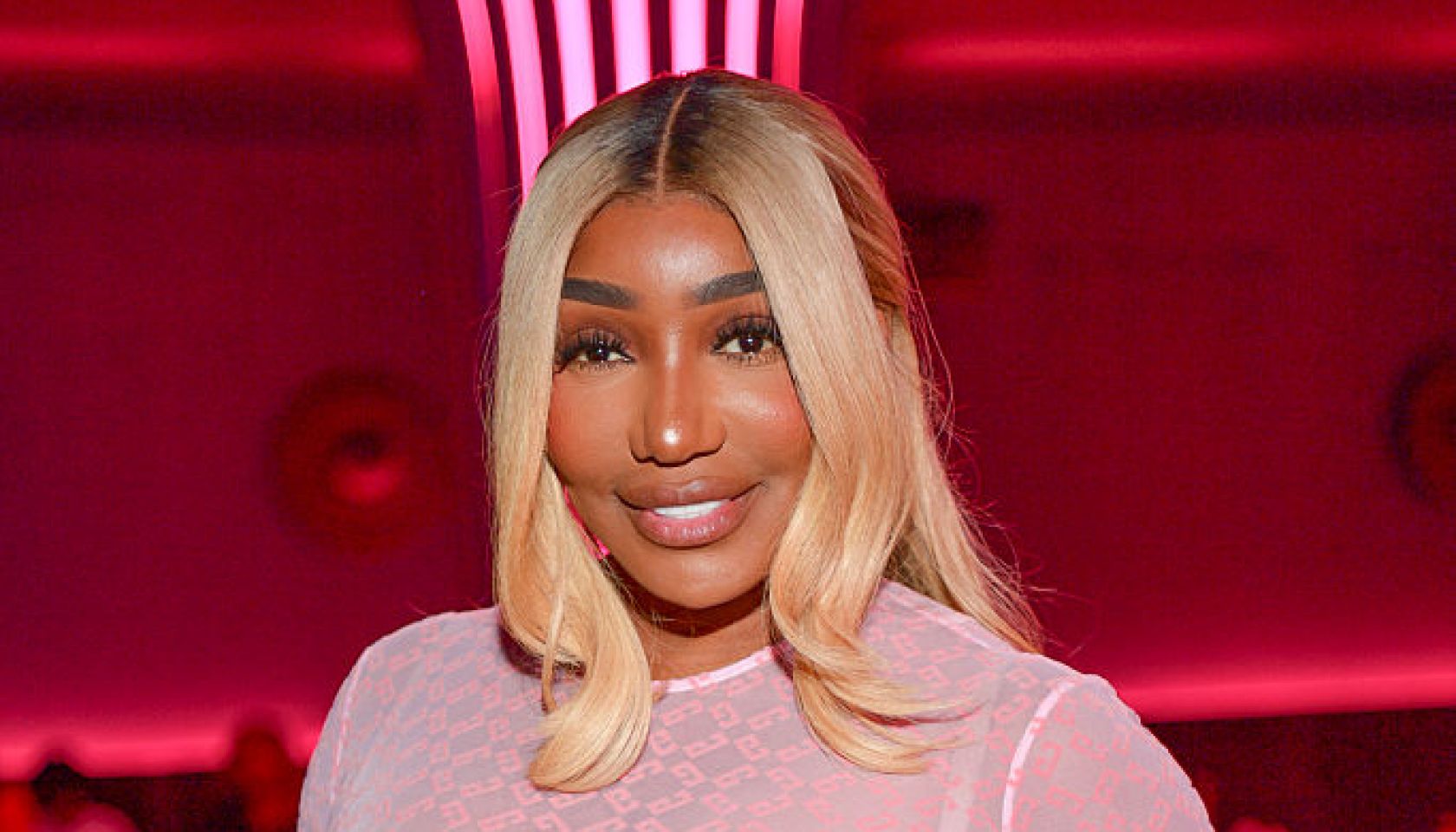Since its launch in 2020, Indeed’s Rising Voices program has been a transformative force in the film industry, amplifying the voices of underrepresented filmmakers and providing a platform for them to thrive. This groundbreaking initiative, created in partnership with Lena Waithe’s Hillman Grad Productions and 271 Films, has generated over 2,500 jobs, earned international acclaim at festivals such as Sundance and AFI Fest, and elevated the careers of talented BIPOC storytellers. Now in its fifth season, Rising Voices continues to evolve, solidifying its place as a launchpad for cinematic innovation.
Through a unique partnership with Indeed, filmmakers receive a $100,000 production budget, $10,000 for their writing and directing services, and invaluable mentorship from Hillman Grad and 271 Films. This season’s theme, The Future of Work, challenges filmmakers to explore how labor, technology, and community intersect to shape human experiences.
“I hope what [Rising Voices] really does is promote opportunity, access and excellence,” Waithe, Emmy-winning writer and producer, says about the importance of cultivating a collaborative environment for not only this initiative, but beyond. “It is not about division, but rather about unity and how we can all come together—divided we fall.”
The selected filmmakers—Jasmine Johnson, Tamara Shogaolu, Jahmil Eady, Sylvie Weber, Julian Doan, Etzu Shaw, Michael Lei, Julia Weisberg Cortés, Oanh-Nhi Nguyen, and David Telles—will premiere their short films at the Tribeca Festival in June 2025. Each of their projects will examine The Future of Work through lenses as diverse as their backgrounds, offering poignant, innovative, and sometimes unexpected narratives that redefine the possibilities of work in modern society.
Ahead of the Season 5 unveiling in Los Angeles earlier this month, Waithe reflected on the evolution of the project: “Each season brings something new because the filmmakers are the heart of it all. It’s amazing to watch their work grow stronger year after year and to see them flourish beyond the program.”
In addition to mentorship, the partnership with Tribeca Film Festival provides filmmakers with an unparalleled opportunity to showcase their talent on a prestigious stage. “Tribeca is a cinematic city and takes production seriously,” Waithe explains. “Being part of that festival is an honor and elevates these stories to audiences that truly value them.”
With a legacy of success and a clear vision for the future, Rising Voices is more than a filmmaking initiative—it’s a call to action for inclusivity, creativity, and representation in Hollywood. As Waithe puts it, “We’re not giving out handouts; we’re giving out opportunities. What the filmmakers do with that is up to them, but we’ll be here as a lasting support system for years to come.”
ESSENCE: What inspired you to partner with Indeed for the Rising Voices program this time around?
Lena Waithe: I mean they came to us now five years ago at this point, right? Season four or five, with a proposition. I wanted to partner and give us some money to have someone do a commercial up and coming director. And Rishi Rajani, my CEO, just thought it might be smarter to spread the money around to more directors. So we took a million and turned it into 10 increments of a hundred thousand and gave that to 10 different directors. And that’s really where the whole process began. And they were really into that. And obviously the only thing was the short films would be about work for obvious reasons, because Indeed is about getting people to work, but also Hillman grad is about putting people to work too as well. So it all just kind of made sense and we want to keep doing this for as long as they want to partner and pony up the bill, which they do. And that’s always important. So we’re grateful to them for not just writing the checks, but for putting their money where their mouths are and really being about true inclusion.
So with you being so hands-on with it, how do you think this initiative has evolved over the past five seasons?
I mean, I think any program, hopefully it gets better and people kind of learn about ways to make it as beneficial as possible to everybody involved. But I think it’s just about really the participants, the people that submit, the people that want to be a part of it. We’re only as good as our filmmakers and every year the filmmakers get stronger and stronger.
Is there anything in particular that stood out to you with this season’s selected filmmakers?
No, not particularly. I mean, I think every season is different because every group of individuals brings something unique and it’s not really until they’re all done that I can kind of, it is to me that’s the real exciting moment is when we’re sitting there at Tribeca and I get to watch all of them on a big screen with people and all together, then I can connect the dots and that’s what we implore for people to come to show up, to show out to that event and see these short films, meet these filmmakers and just be in that room. It’s a great space. It’s my favorite thing to do every year and every year is special because it’s a new crop. So your best is always ahead of you, not behind you.
You spoke on it a little bit in your first answer, but why do you think it’s important to focus on the theme, “the future of work” for this season’s films?
Yeah. Well, I mean look, we don’t take credit for picking the theme. It’s always Indeed that sort of gives us our assignment. And I think it’s also a really good practice for filmmakers because if they do want to work in commercial spaces, that’s what the process is. The brand tells you, Hey, here’s the thing, here’s what you’re doing. And then you go make the best of it and the most of it. And I think people are always looking ahead and I think what work is and what it looks like is ever changing. And so I think it’s a really cool subject matter for filmmakers to focus on, which is the future of work and what that looks like.
With the DEI initiatives, the industry is facing increasing challenges. How do you think Rising Voices addresses the need for equity and representation in storytelling and filmmaking?
I think it’s really about putting money where your mouth is truly, that’s what it’s about. You need money to make movies and they give us that and we supply filmmakers that we think are ready for that particular opportunity and also have probably some of the best ideas heard in terms of the theme in which Indeed chooses. So I think that’s the real work and we’re happy to be a part of it.
What does Lena Waithe look for in a filmmaker submission? What things are you looking for when something like that comes across your desk?
I mean, that’s a really good question. It’s not just me, it’s a team of folks. I don’t want people to think I’m the one sitting there licking my thumb and flipping through submissions. And we really have a large team, but that team also is the Hillman Grad production company. They are people that I trust and I work with and that also folks at Indeed as well. But what we’re looking for is something fresh, something with vision, something we haven’t really something that surprises us. We’re looking to be surprised. I think sometimes people confuse impressed with surprised—I’d rather be surprised than impressed. And so I think that means people will be, individuals will be specific, will be vulnerable. And I think that if you do that, then chances are there’ll be something surprising in the work.
How do you think mentorship through Hillman Grad and 271 films prepares these filmmakers for sustainable careers in the industry?
Well, I mean I think that’s also a really great question. I think what we try to do is show that true collaboration equals sustainability. If you can’t collaborate, if you can’t hear if a note is in alignment with your vision or not, if you don’t know how to distill a note and how to execute it, you don’t know how to work with people and know how to lead, juggle personalities, how to be the calm and eye of the storm. These are things we really try to impart. And that means no matter what happens to the business, you’ll be able to survive in it.
How do you think being able to connect with a platform like Tribeca helps elevate and expand the opportunities that filmmakers have in the film world?
I mean, look, I was honored to have a film at the Tribeca Film Festival, which was Beauty. It was a Netflix movie and we had had this distributor already. But to be shown in that festival was very much, it was very prestigious. It’s very much an honor. A lot of people know I’ve had a wonderful experience with Sundance over the years, but Tribeca is a festival that just is near and dear to my heart. And I think it’s just as important as any other festival, and I think that’s because it is New York City, New York is one of many filmmakers’ favorite backdrops for a reason. It is a very cinematic city and it’s a place that takes movies and production very seriously. And that’s why I think Tribeca just has a really wonderful history in terms of just really being a part of helping to introduce audiences, particularly New York audiences to new filmmakers. So that’s why that partnership is one that just feels really humbling and one that we want to continue to rise to the occasion for. And I mean, think about those three brands, Hillman Grad, Indeed and Tribeca is something that we’re really honored to be a part of that trifecta. And it is that trifecta that is why all this really works to come together every year.
How do you see this program continuing to influence diversity and inclusion in Hollywood in the years that come?
I think to me it’s really about how the filmmakers can get to know each other. That to me is one of the coolest things about it. It’s not about the industry they’re walking into, but rather the industry of which they formed amongst each other. They are an industry. It’s about how they want to adjust to if they want to work inside of the industry or work outside of it.
I think to me, my vision for the program really is for people to see that this can work when folks step up and do the work. We’re not giving out handouts here. We’re giving out opportunities. What the filmmakers do with that opportunity is up to them. We hope that we can continue to find filmmakers that could continue to take advantage of not just this opportunity, which is Indeed’s Rising Voices, but hopefully they can build on that opportunity after the program. Because that’s the frustrating thing about some of these programs, these initiatives, they don’t have the ability to change someone’s life, only you can do that. But what we can do is give an opportunity and be a step in that person’s journey and also be a place where they can come back to if they have any questions or concerns or just need a check-in. That’s the thing. Our doors are always open and we want to just continue to build lasting relationships, which we’ve already continued to do with folks that have been a part of the program and have been nice to watch them flourish and have other opportunities outside of what we’ve done together. And that to me is the vision that these people will have. Not just this opportunity, but this will be the beginning of many others that’ll come.







